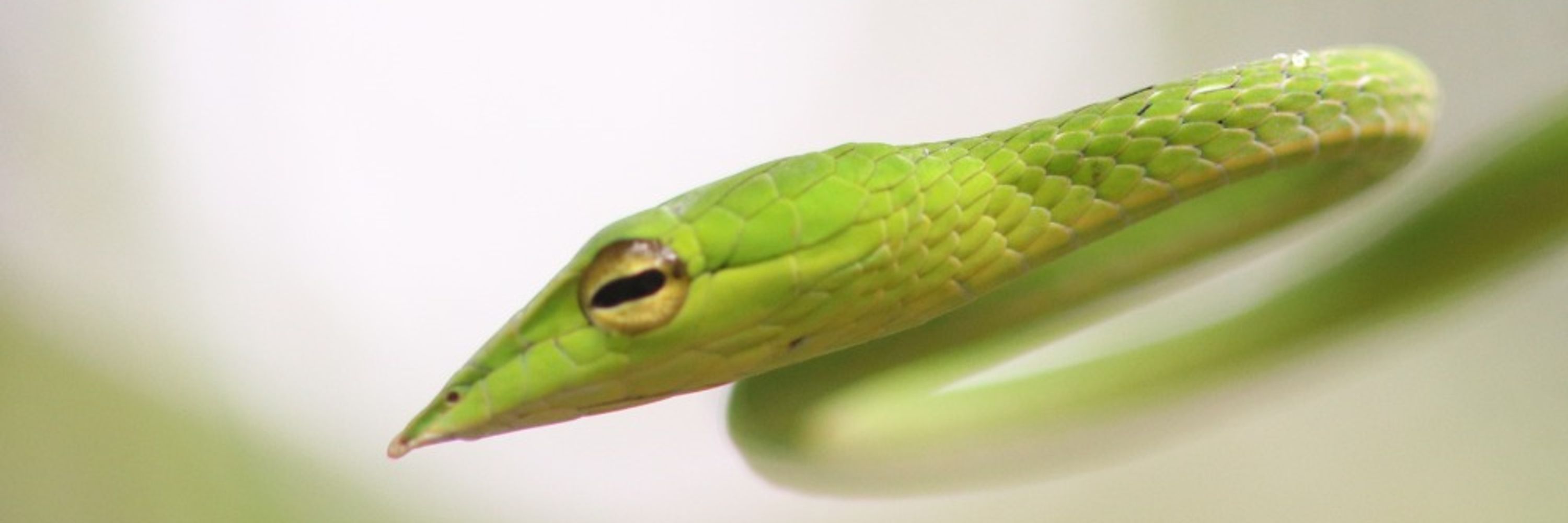
Past: BS-MS at IISER Pune, India. MS thesis at CES, IISc.
Webpage: https://thepandalorian.github.io
he/him
This feels like a very strong, unjustified assumption given how wild populations of multicellular organisms typically work. What am I missing here?
This feels like a very strong, unjustified assumption given how wild populations of multicellular organisms typically work. What am I missing here?
Naively, I would think that for helping to spread, either individuals should be able to detect IBS (= some sort of greenbeard) rather than IBD. In particular, this means you ignore siblings/pedigree and only look for the green beard, so relatedness can be entirely ignored.
Naively, I would think that for helping to spread, either individuals should be able to detect IBS (= some sort of greenbeard) rather than IBD. In particular, this means you ignore siblings/pedigree and only look for the green beard, so relatedness can be entirely ignored.
Classic theory suggests that if helping is costly, a mutant with the helping allele will spread if helpers can preferentially direct interactions towards other helpers.
Classic theory suggests that if helping is costly, a mutant with the helping allele will spread if helpers can preferentially direct interactions towards other helpers.

